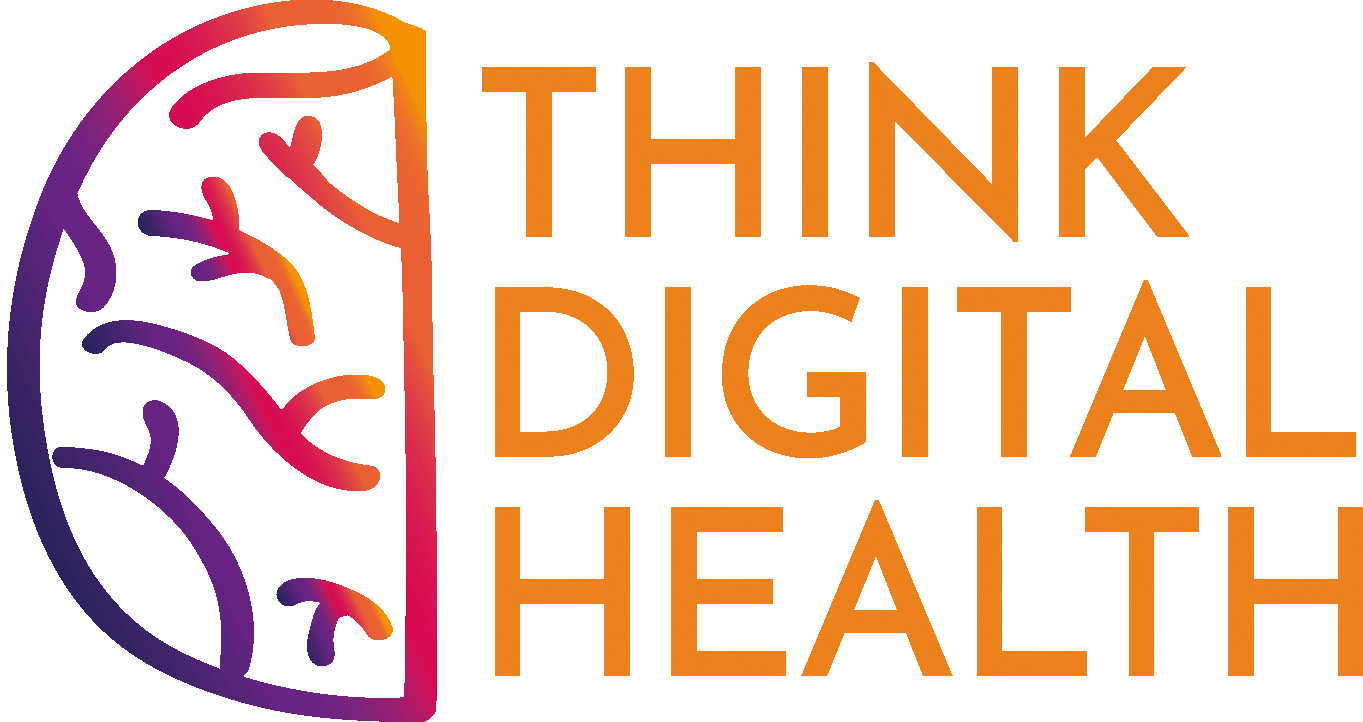The Common Denominator Between Gaming and Healthcare
- Christy Cheung
- Jan 16, 2019
- 4 min read
Back in October 2018, I attended the incredible Interface Health Summit in Vancouver, a two-day digital health conference, which hosts speakers from across the globe. Each year presents with a new theme. This past year was titled “The Brain-Machine Connection” with a focus on “how artificial intelligence, virtual reality, and digital therapeutics are transforming education, research, and healthcare.” - Interface Health Society
The individuals and companies showcased were all exploring the future of technology and how it could advance healthcare. There I was, trying to grapple the most basic terminology of artificial intelligence (AI) and virtual reality (VR), while, still, amazed at the multidisciplinary expertise present at the summit. From developers who came from the gaming/software industry to designers with an arts background, these were individuals who had the courage to push their own boundaries and bring their talents into the realm of healthcare.
Having recently experienced the Oculus Rift and Touch virtual reality system, I thought back to the talks I listened to at the Interface Health Summit. I wanted to learn more about the applications of virtual reality, so I reached out to a wonderful mentor of mine, whom I met at the summit, to tell me about his experiences with VR and its applications.
Tim Fitzpatrick is the Co-founder and CEO at IKONA Health, a company focused on improving patient education through interactive storytelling modules. While health literacy has grown significantly, there is more to patient education than purely understanding one’s medical conditions and medications.
“There is plenty of evidence to support the notion that well-educated patients are better able to manage their own health and remain healthier over the long term” - Tim Fitzpatrick, IKONA
With the advancement of the Internet, and now, the entry of artificial intelligence, to tailor search criteria for users, access to medical information is greater than ever before. Most users are fully equipped with the technical skills to navigate through websites to find the information they need about their health; however, the abundance of information can be overwhelming to many. As a pharmacy assistant, I have observed the countless automatic printouts of drug information sheets, as they are robotically bundled together with the patient’s medication and given out at pick-up. While the intention to educate is there, most of us know that they are quickly tossed into the garbage as soon as the patient is out the door. Do I think it is because patients do not care about their own health? No, but like Tim, I simply believe that drug information sheets are not the most effective communication tool to educate patients with. So, what could be?
Before IKONA, Tim was in the Navy for seven years and spent nearly two years as a patient in VA hospitals following a flight injury, which had a profound impact on him and his perspectives on both patient education and provider training. He then transitioned to become an equities trader in New York, where he specialized in the technology, media, and telecoms sectors. He came across some of the early consumer-grade VR prototypes, which fascinated him, because it was similar to the flight simulator trainings that were used in the Navy. He recognized the value VR applications could provide within healthcare and he jumped at the opportunity to bring that idea to life.
Virtual reality uses software technology to create a three-dimensional environment in which humans are able to experience what they would in the real world. When placed in the simulation, individuals can engage their senses, primarily sight and sound, to interact with what they are presented with. A traditional video also draws upon our audiovisual senses, so what is it about virtual reality that sets it apart?
"Virtual reality trigger diverse areas of the brain responsible for focus and attention, allowing the user to activate their learning, presence, and retention centers" - Tim Fitzpatrick, IKONA
The team at IKONA are pioneers of using VR in the clinical setting. Over the past year, they have committed themselves to exploring ways to "integrate a VR solution into healthcare segments in such a way that complements existing workflows — and at scale.”
Now, it is all well and good that the intersection of healthcare and technology is showing promise, but we cannot forget that the patients are still our end-users. That begs the question - are patients receptive to this technology?
Startups in this field have piloted numerous projects to understand how patients and users feel when experiencing virtual reality. People feel bewilderment, amazement, and fascination. They awe at how real their surroundings are, but more incredible is the fact that underlying these emotions, is an authentic connection with the environment they are interacting with. These projects have proved particularly exciting among the senior population. Patients with Alzheimer’s Disease and dementia, for example, are able to revisit old memories, a phenomenon defined as “reminiscence therapy, which uses recollections to increase psychological well-being.” - Larry Bleiberg, AARP. Dementia is something clinicians have been struggling with for a long time with minimal progress, but now, researchers are beginning to look into VR as a solution. A study conducted in Britain using virtual reality to combat dementia “found that reminiscence therapy improves cognitive functions and reduces depressive symptoms in people with dementia.” - Lee Mannion, Reuters
Virtual reality is no longer a concept for the future, only visualized in sci-fi movies like The Matrix. With a number of applications, many of which we may not even have come across yet, It has and will continue to disrupt the healthcare sector.
IKONA is an example of just that. Blending creativity with clinical perspectives, their mission is to "provide a content platform that leverages interactive storytelling, learning science, and immersive data analytics to transform patient education and provider training in healthcare" - Tim Fitzpatrick, IKONA.
This is just the beginning of an exciting marriage between art and healthcare.




Comments